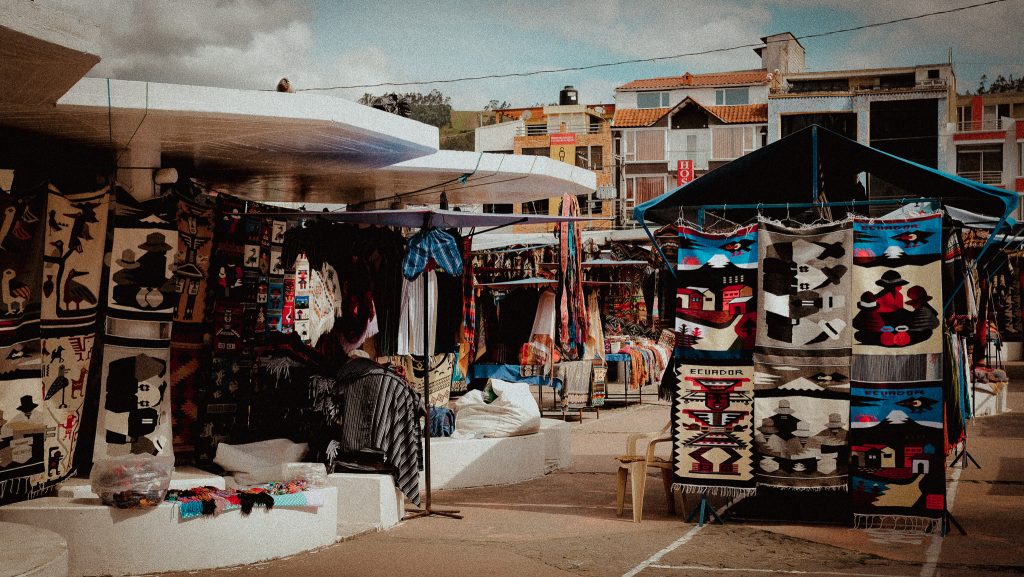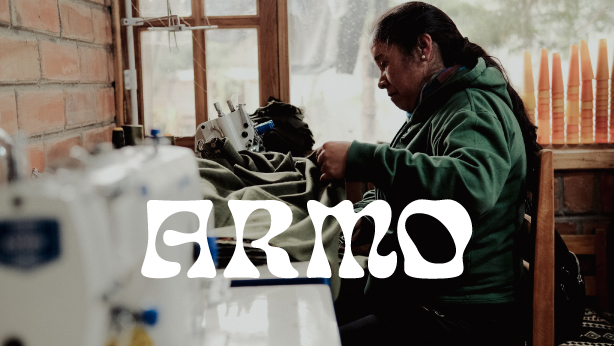
The people who don’t have voice
Esseen tyyppi: Yksilöessee / 2 esseepistettä.
Small producers, such as farmers, artisans, and business owners, play a vital role in local economies and communities all over the world. Despite their contributions, individuals frequently confront obstacles that make it difficult for their voices to be heard and their needs to be satisfied. These difficulties include a lack of access to markets, money, and technology, all of which can prohibit them from attaining their full potential and achieving success.
Small producers are frequently at a disadvantage when compared to larger firms with greater resources and influence. This might lead to their being ignored or excluded, which can harm their livelihoods and the communities they serve. Small farmers, for example, may struggle to sell their produce at a fair price, whilst artisans may struggle.
The great disadvantage
The great disadvantage of small farmers is competing against multinational agricultural companies such as Monsanto from the United States and the German company Bayer, which owns Monsanto. Monsanto’s economic costs of production are relatively low compared to those of a small farmer who only has a few hectares of land to produce their products. This is because Monsanto has the economic strength and technology that small farmers lack.
One solution to this problem is for small farmers to adopt modern technologies and implement innovative farming techniques to remain competitive. By using the technology, small farmers can significantly reduce their production costs and increase their production.
In addition, it will help them streamline their operations and improve their efficiency. The implementation of techniques such as precision agriculture, vertical farming and hydroponics will allow small farmers to compete.
Small producers must be supported and empowered to have the resources and opportunities they need to prosper and have their opinions heard.
This can be accomplished through a range of measures, including market access, money, and technology, as well as advocacy and education.
We can help create a more equitable and sustainable future for everyone by assisting small producers in overcoming the limitations they confront.
Small producers, who are frequently the spine of local economies and communities, deserve to be recognized and supported. We can help guarantee that their opinions are heard and their contributions are recognized by providing them with the resources and opportunities they require.
Be conscious
Be conscious when you buy fast fashion because of the negative impact that this industry can have on people and the environment.
To keep costs down, fast fashion firms frequently rely on cheap labor, including sweatshops and child labor. This can lead to bad working conditions and abuses of human rights.
Many times we do not know under what conditions our clothes are made, many times the working conditions are inhumane, and we are practically supporting a system of labor slavery.
Be aware that many of the items we buy are made by people, many times we do not know, who they are? or how they live? if they have the same advantages that we have? Like us who live in the northern part of the hemisphere. Most of our products are made in the southern part of the hemisphere where poverty and unemployment are very high.
My trip to Ecuador
Last year I went to Ecuador to find small producers in the rural areas of the country.
My trip started in Otavalo city, known for its textile market, colors, and its traditions, I had the opportunity to learn more about a very different culture, its way of seeing the world, its food, and its language.
What caught my attention is the cone way they do business. I had the honor of meeting Santiago, an indigenous man from the Peguche community near the city of Otavalo. Santiago owns a brand of handmade ponchos made with sheep’s wool, this business will help him hire more people from his community.
But it’s only about helping Santiago tells me, as a member of the Peguche community he has a duty to help others since it is part of his culture and the way he sees the world.
For the indigenous people of Otavalo, teamwork and community work is a lifestyle. If I am doing well, it is not because I did it alone, it is because many people helped me get to where I am and those people are my neighbors. friends, and people from the community, because community work guarantees the survival of individuals in the community.
Santiago tells me how he has been able to help the Peguche community, not only by giving work to other members of the community but also by getting the attention of municipal authorities so that potable water can reach certain houses that did not have water.
Another great work that is very happy is that they managed to pave a street that has always been made of dirt for hundreds of years and now it is a help for the community to connect more easily, many children are now attending school since they did not before It was possible because the street was always in very bad condition. Santiago is proud that he can help his community.
In our business we want you to have the option of improving our planet into a better world, helping to reduce poverty in some sectors of the word, and helping small producers to continue growing in their businesses since they are micro-economies that not only help them but also who also help their community since they are sources of work for the inhabitants of the community. Buying high-quality, hand-made products, the materials are not only of high quality but are materials that are friendly to the environment and long-lasting.



